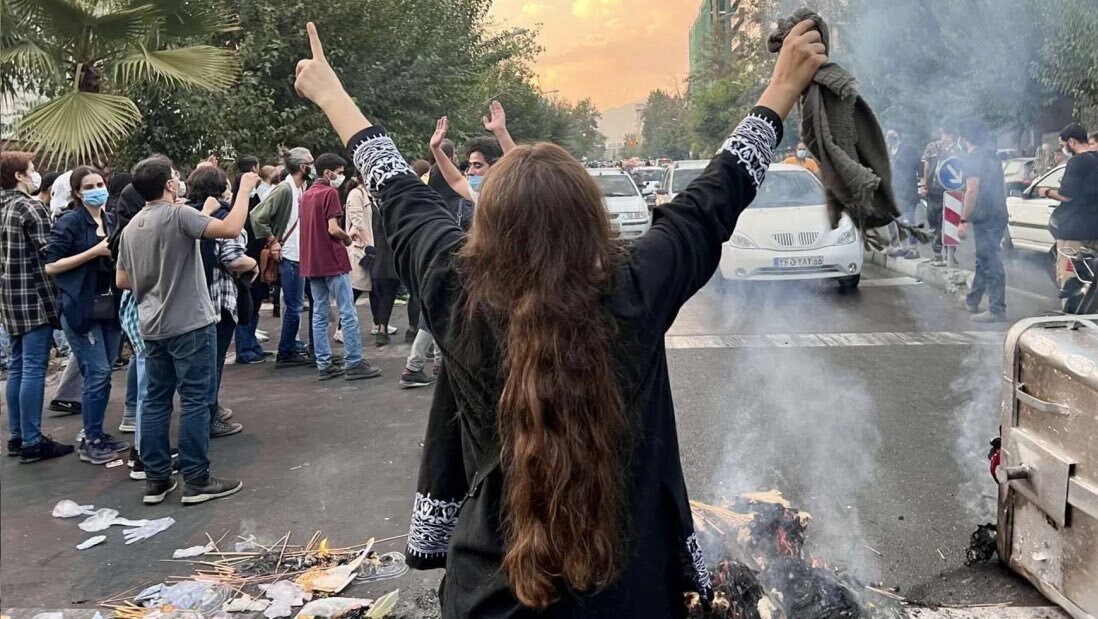Editorial
Guidance for policymakers

There are 17 SDGs. They add up to a meaningful agenda, tackling all major issues that will determine humanity’s future on our small planet – from hunger to health care and education, from peace and justice to environmental sustainability and responsible consumption. They were adopted unanimously by the UN in the 2030 Agenda and apply to every country.
However, an increasing number of governments around the world are shying away from global responsibilities. Populist leaders claim to protect their nation from overbearing international demands. Their small-minded nationalism appeals to many people. Identity politics, however, does not solve problems. It only serves to define scapegoats and pit communities against one another.
Populists miss an important point. They act as though Earth and its resources could be taken for granted, and all governments needed to do was to ensure that their respective nations get the largest possible share. This is thinking in zero-sum terms. Someone’s gain is always seen as someone else’s loss.
This world view is simplistic and wrong. Cooperation helps to make better use of resources, and there are planetary boundaries that humankind must respect. Reckless fighting over limited resources will fast diminish those resources. If, moreover, such fights escalate into war, life becomes hell for all parties involved.
The truth is that no country can shield itself from global threats. We must rise to the challenges together. We are all affected by climate change, financial crises, infectious diseases, organised crime and other global phenomena. Yes, international cooperation is certainly difficult – and done well, it can even end wars, including civil strife. In contrast, non-cooperation means disaster.
Not quite a decade ago, the G20 was launched as an informal forum for the top leaders of the world’s most important economies. After Lehman Brothers, the New York-based investment bank, had collapsed, the global community was facing financial crisis. To prevent the worst, prime ministers and presidents from established powers as well as emerging markets were keen on cooperation. As it became clear that a global depression would be averted, leaders began to focus increasingly more on narrowly understood national interests again, and the G20 lost momentum.
Today, the G20 is probably in its worst shape. Member countries that are ruled by divisive, populist leaders now include India, Turkey and – most important – the USA (see our focus section in D+C/E+Z e-Paper 2017/02). The presidents of Brazil and South Korea have recently been impeached, and China’s Communist regime, which had long been slowly loosening its grip, has begun to tighten it again (see Sausmikat in our D+C/E+Z e-Paper 2017/02). Britain and the EU have been weakened by the Brexit referendum last summer. Ten years ago, Russia still wanted to be the EU’s partner; now it behaves like an antagonist.
The SDGs are achievable in principle. G20 leaders should reconsider them. If they compete in terms of who does most to achieve global goals instead of who wields the most power, humanity’s future will look brighter. This is what advisers from the private sector, civil society and academia should tell policymakers.
Hans Dembowski is editor in chief of D+C Development and Cooperation / E+Z Entwicklung und Zusammenarbeit.
euz.editor@fs-medien.de













